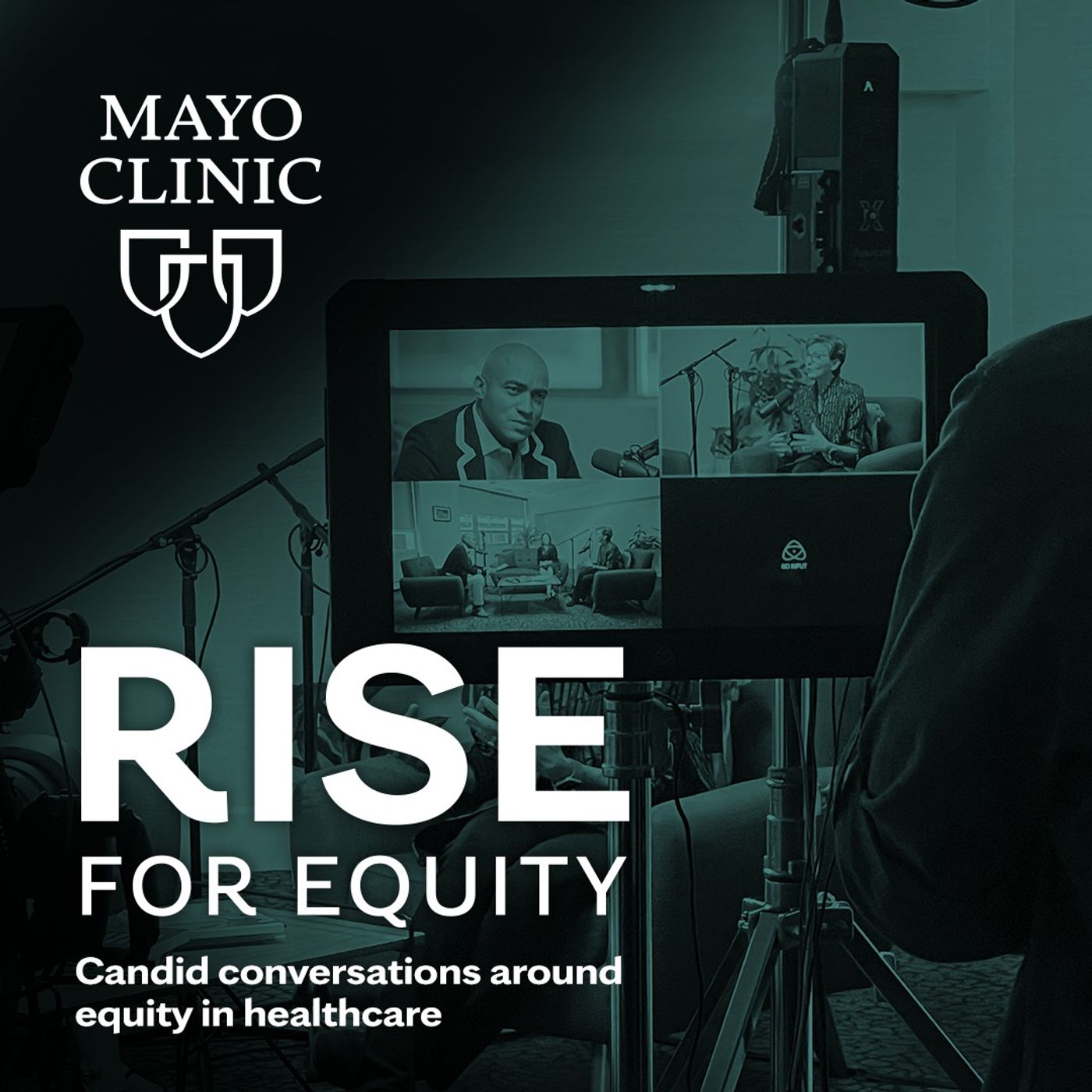- After-Shows
- Alternative
- Animals
- Animation
- Arts
- Astronomy
- Automotive
- Aviation
- Baseball
- Basketball
- Beauty
- Books
- Buddhism
- Business
- Careers
- Chemistry
- Christianity
- Climate
- Comedy
- Commentary
- Courses
- Crafts
- Cricket
- Cryptocurrency
- Culture
- Daily
- Design
- Documentary
- Drama
- Earth
- Education
- Entertainment
- Entrepreneurship
- Family
- Fantasy
- Fashion
- Fiction
- Film
- Fitness
- Food
- Football
- Games
- Garden
- Golf
- Government
- Health
- Hinduism
- History
- Hobbies
- Hockey
- Home
- How-To
- Improv
- Interviews
- Investing
- Islam
- Journals
- Judaism
- Kids
- Language
- Learning
- Leisure
- Life
- Management
- Manga
- Marketing
- Mathematics
- Medicine
- Mental
- Music
- Natural
- Nature
- News
- Non-Profit
- Nutrition
- Parenting
- Performing
- Personal
- Pets
- Philosophy
- Physics
- Places
- Politics
- Relationships
- Religion
- Reviews
- Role-Playing
- Rugby
- Running
- Science
- Self-Improvement
- Sexuality
- Soccer
- Social
- Society
- Spirituality
- Sports
- Stand-Up
- Stories
- Swimming
- TV
- Tabletop
- Technology
- Tennis
- Travel
- True Crime
- Episode-Games
- Visual
- Volleyball
- Weather
- Wilderness
- Wrestling
- Other
Keeping Track: Data and Disparities
Felicity Enders, Ph.D. Professor of Biostatistics, Mayo Clinic As a biostatistician, Dr. Felicity Enders spends much of her time analyzing medical research and crunching the numbers we read about in newspapers and medical journals. In this interview, Dr. Enders reveals how this behind-the-scenes work is actually the frontline in addressing racism in healthcare. Join Lee Hawkins as he learns about the new data-collection approaches being used to track patient health over time and how they reveal the devastating “accelerated aging” effects of racism and chronic stress. “We're getting better and better data all the time. We're really seeing improved measurement. We have amazing imaging. But while we have more clarity of the problem, we're not seeing that in terms of solutions for health equity. And we are seeing really tremendous differences in health, primarily by race, but also by other factors.”—Felicity Enders, Ph.D. “We have a lot of data in the now, but we're not looking back over someone's lifetime to see what may be impacting what's happening in their health today. And that's really important because we see in research that people who have a lot of stress over their lifetime can have accelerated biological aging, meaning that their bodies at the cellular level are aging faster. And that leads to chronic health diseases that really can impact lives and experiences and bring about premature death. And it's very problematic.”—Felicity Enders, Ph.D. “If you have a physician who has the time, they're trying to get a medical history, but that may not include the history of things that have happened outside of the person's medical experiences that could impact their stress over their lifetime.”--Felicity Enders, Ph.D.

